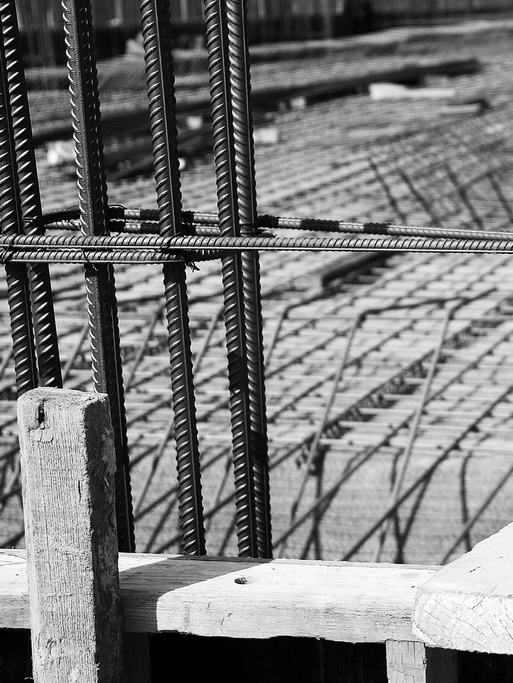General information

Department of Civil Engineering
The Department carries out an undergraduate professional study of “Civil Engineering” which lasts for three years and upon the completion of which the student acquires 180 ECTS credits and the academic title ‘Bachelor of Civil Engineering’ (bacc. ing. aedif.). The undergraduate professional study of Civil Engineering offers two programs – “Construction (Building) Engineering” and “Civil (Structural) Engineering”. Students choose a certain specialization after they successfully finish their second year of study, i.e. after they have acquired 120 ECTS credits. An accredited curriculum and program (a conducted procedure of re-accreditation followed by the process of external quality evaluation) has been carried out at the Department since 2007. For all the courses covered by the study plan and program, the syllabi with learning outcomes have been made; units and chapters analyzed during the courses have been defined, along with the student obligations, exam procedures and the criteria on the basis of which the final grade is given. The expected learning outcomes and all other information on the courses are publicly available to students on the website (http://www.unin.hr/graditeljstvo/kolegiji/).
Quality training of Bachelors of Civil Engineering requires the acquisition of fundamental technical and specific professional knowledge, and additional knowledge of the legal regulations in the field of civil engineering. Because of the width of the field, the study program includes two programs - Construction (Building) Engineering and Civil (Structural) Engineering - since these areas are represented the most among the construction companies in the region. The study program is compatible with other civil engineering faculties in the Republic of Croatia and the European Union, which is a prerequisite to facilitate mobility both during and after the completion of the study.
Upon the completion of the study of one of the civil engineering programs, students acquire competencies required for finding employment in construction companies (equally in large, medium and entrepreneurial, i.e. smaller companies), including privately held companies. The main activities in which young professionals could usefully and effectively participate are as follows: preparatory activities preceding the construction process (construction permits, proprietary legal relations, collaboration with urban planners and designers); construction coordination (organizing the machinery, equipment and workforce on the construction site, securing complete logistics); construction activities (scheduling the labor, workforce, materials and resources, management and supervision, quality assurance); continuous cooperation with all the parties involved (the investor, the designer, local utility and construction authorities, subcontractors and suppliers); ensuring the desired functionality of the construction, etc.